Researchers found that teens were more than three times more likely to vape when compared to their peers who used social media for one hour to less than 30 minutes a day.
Spending a lot of time on social media could increase the chances of teenagers taking up smoking or vaping, according to a study.
Some 28.9 per cent of those who responded were smokers, while 23.7 per cent vaped. Some 8.2 per cent of the teenagers polled used both.Researchers found that spending more than two hours a day on social media platforms increased the likelihood of a teenager smoking by two and a half times. "We need to model healthy online habits, instead of resorting to blanket bans and over-protection, to help young people navigate the digital world."
United Kingdom Latest News, United Kingdom Headlines
Similar News:You can also read news stories similar to this one that we have collected from other news sources.
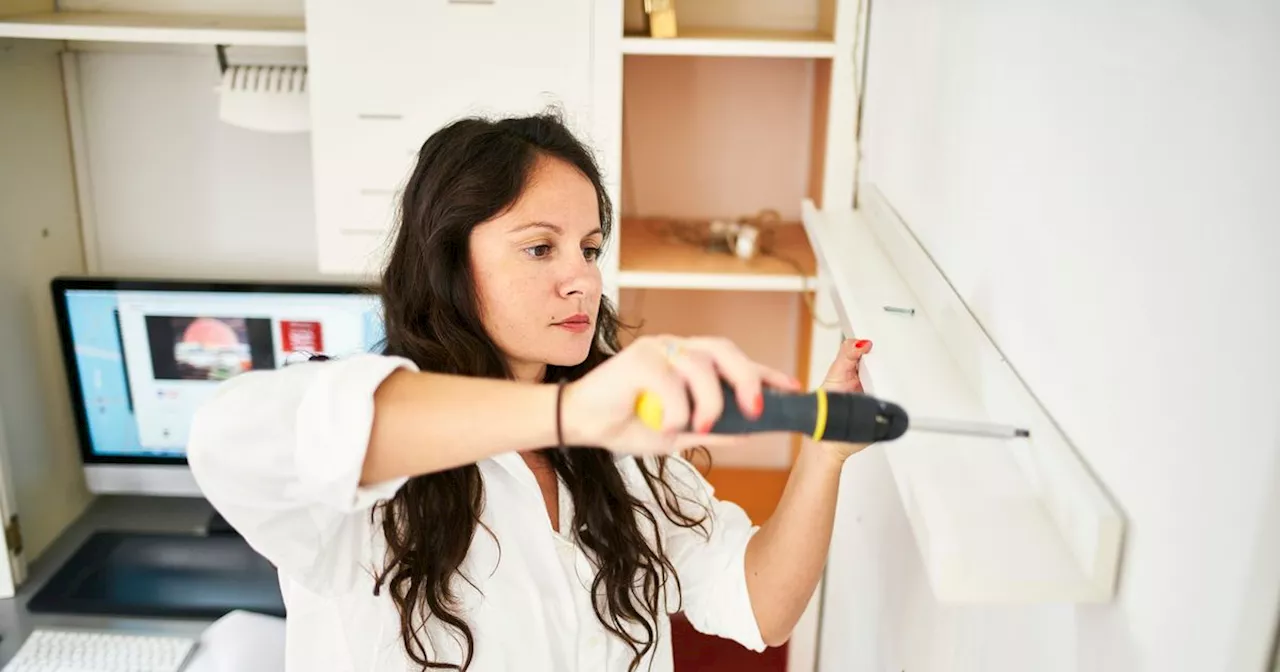 Scots DIY expert reveals tricks for revamping your home on a budgetThe expert from Glasgow, Tracy Burns, is a Carpentry and Joinery Lecturer at Glasgow Kelvin College.
Scots DIY expert reveals tricks for revamping your home on a budgetThe expert from Glasgow, Tracy Burns, is a Carpentry and Joinery Lecturer at Glasgow Kelvin College.
Read more »
 Plans to transform Glasgow Maryhill community with £100m investment and 400 new homesWheatley Homes Glasgow and Glasgow City Council revealed updated plans to transform Wyndford in the Maryhill area of Glasgow.
Plans to transform Glasgow Maryhill community with £100m investment and 400 new homesWheatley Homes Glasgow and Glasgow City Council revealed updated plans to transform Wyndford in the Maryhill area of Glasgow.
Read more »
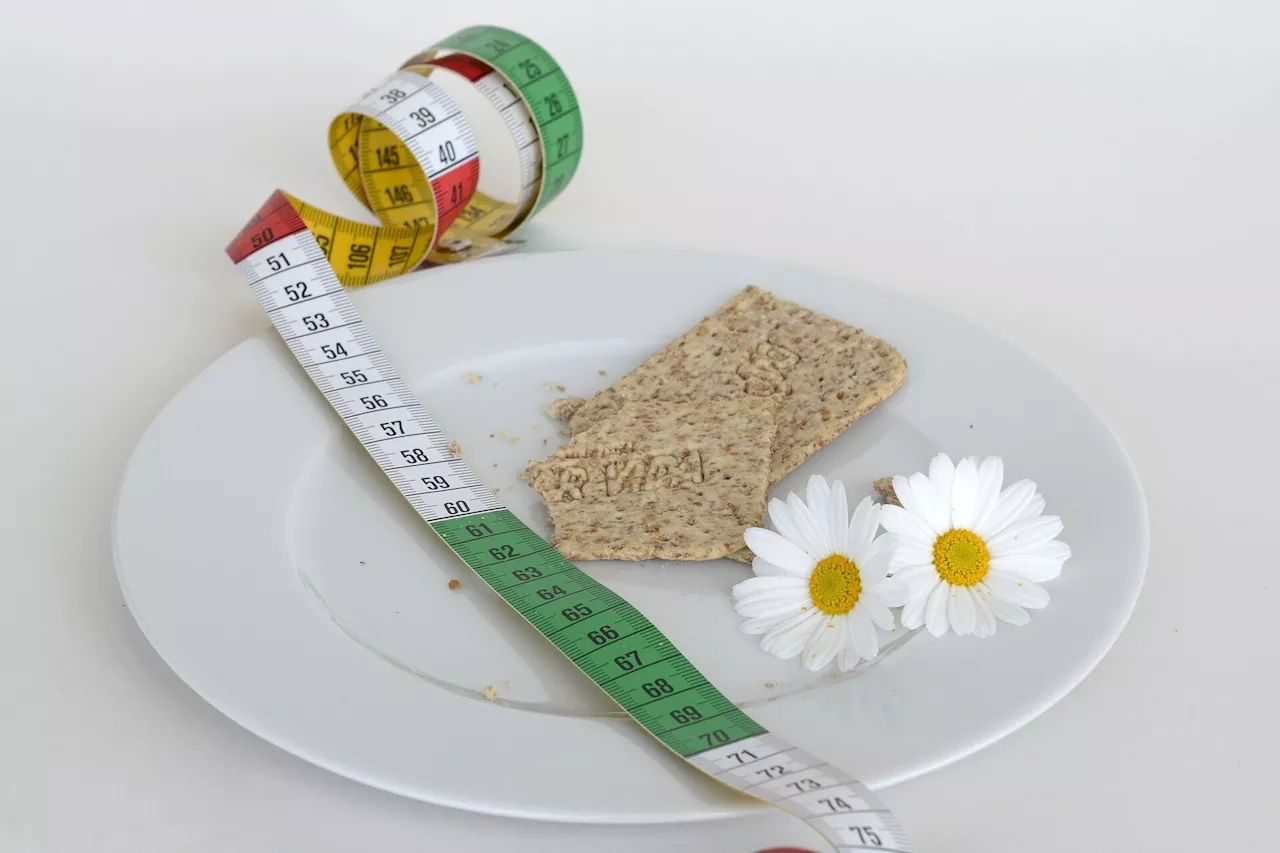 Very low calorie diets safe for teens with obesity when monitored by a dietitian, say researchersShort-term very low calorie diets are safe for teenagers living with moderate to severe obesity when closely monitored by an experienced dietitian, says new research to be presented at the European Congress on Obesity (ECO 2024).
Very low calorie diets safe for teens with obesity when monitored by a dietitian, say researchersShort-term very low calorie diets are safe for teenagers living with moderate to severe obesity when closely monitored by an experienced dietitian, says new research to be presented at the European Congress on Obesity (ECO 2024).
Read more »
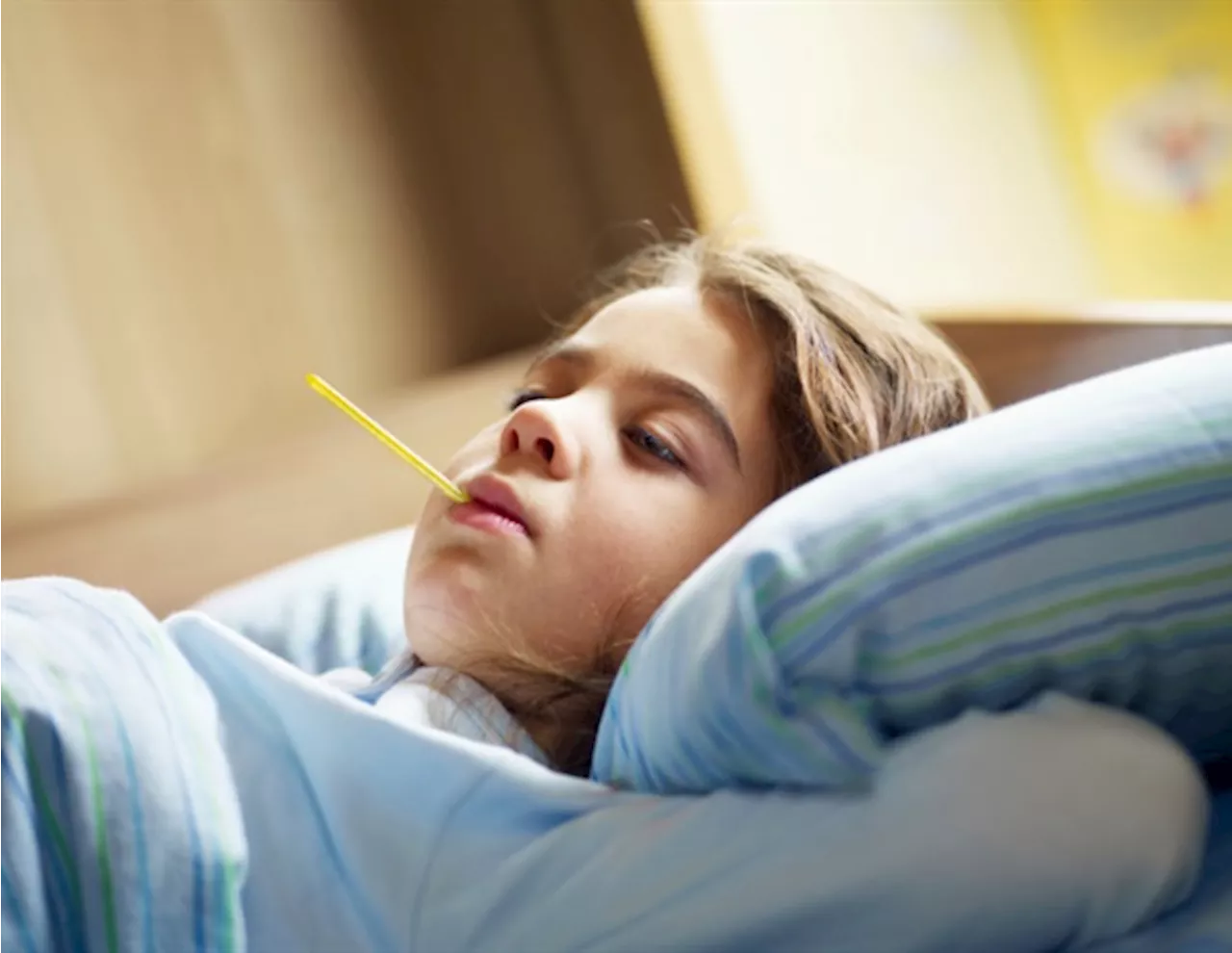 Researchers study newborn piglets to better understand the progression of influenzaAlthough prevention and treatment strategies are available for influenza, they are not sufficient for vulnerable populations such as young children and newborns.
Researchers study newborn piglets to better understand the progression of influenzaAlthough prevention and treatment strategies are available for influenza, they are not sufficient for vulnerable populations such as young children and newborns.
Read more »
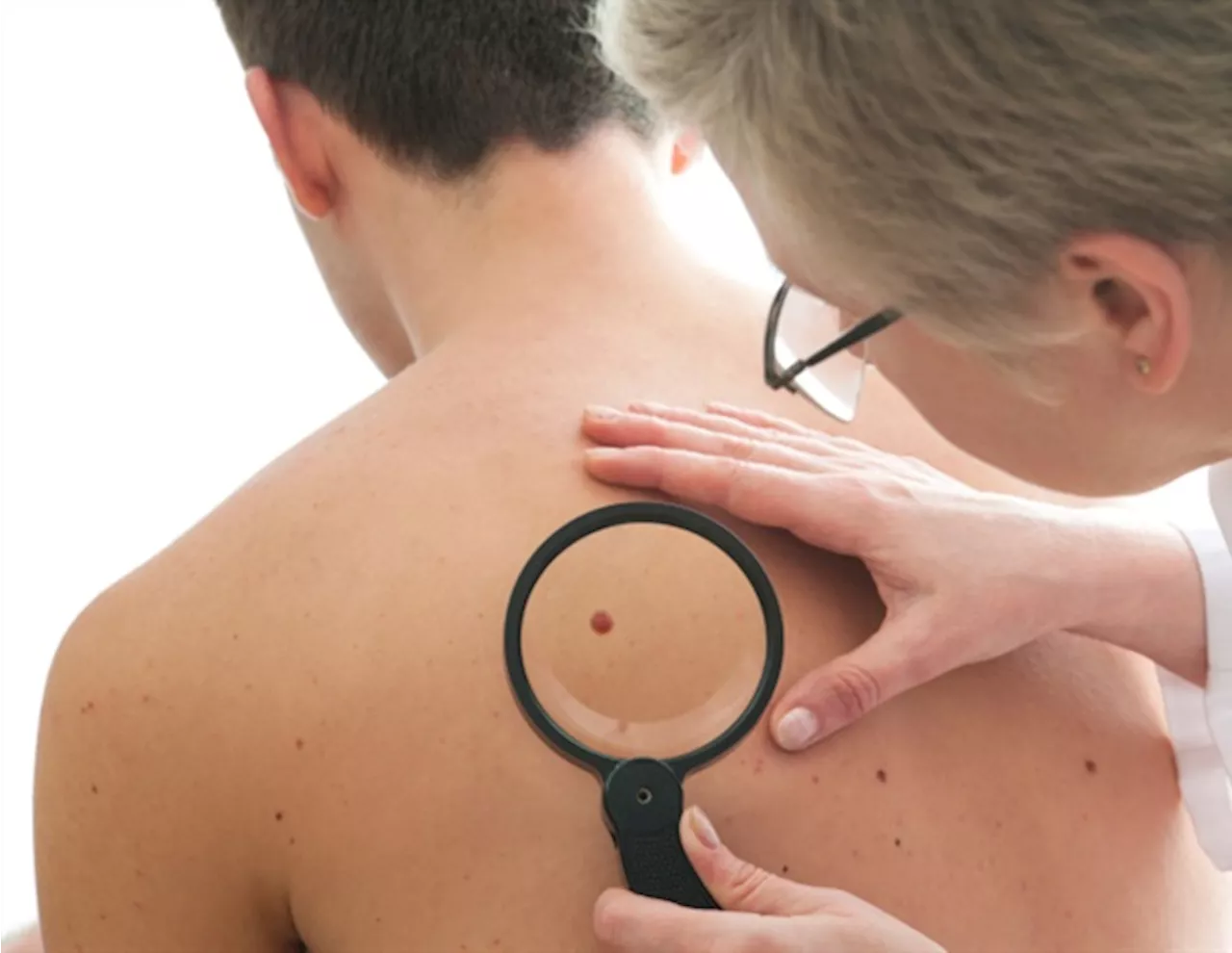 Researchers Awarded $3.2 Million Grant to Study Treatment Resistance in Cutaneous MelanomaA team of investigators from UCLA Health and UAMS Winthrop P. Rockefeller Cancer Institute received a $3.2 million grant to study treatment resistance in cutaneous melanoma. The researchers aim to identify new ways to prevent and overcome resistance to targeted therapy in all sub-types of this aggressive form of skin cancer.
Researchers Awarded $3.2 Million Grant to Study Treatment Resistance in Cutaneous MelanomaA team of investigators from UCLA Health and UAMS Winthrop P. Rockefeller Cancer Institute received a $3.2 million grant to study treatment resistance in cutaneous melanoma. The researchers aim to identify new ways to prevent and overcome resistance to targeted therapy in all sub-types of this aggressive form of skin cancer.
Read more »
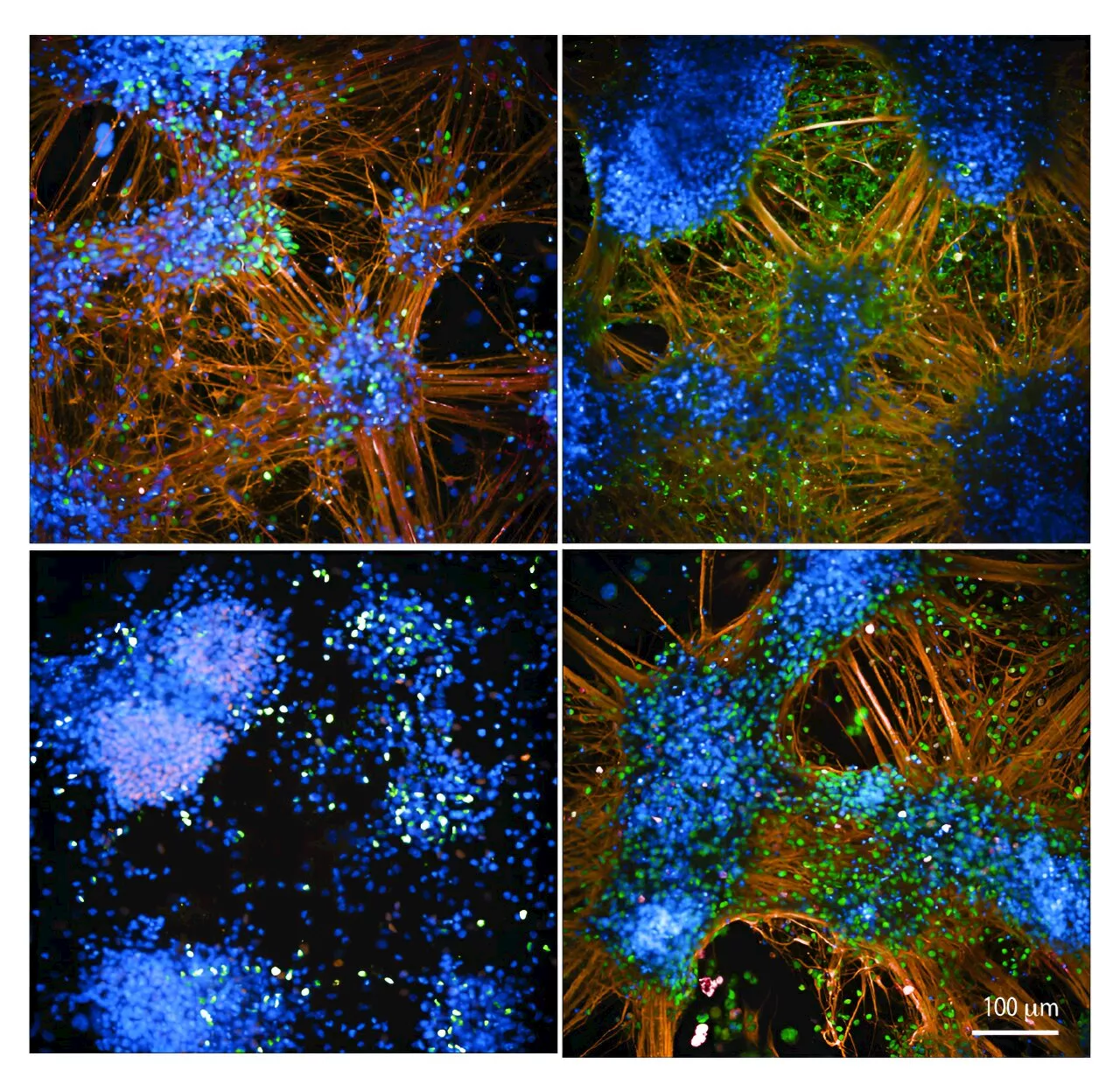 Researchers make mice a more powerful tool to study a wide range of human diseasesIn humans, the exact same mutation in a specific gene can produce widely different outcomes. It's a bit like adding the same amount of salt to different recipes—the effect on the finished dish can be quite different, depending on the mix of other ingredients.
Researchers make mice a more powerful tool to study a wide range of human diseasesIn humans, the exact same mutation in a specific gene can produce widely different outcomes. It's a bit like adding the same amount of salt to different recipes—the effect on the finished dish can be quite different, depending on the mix of other ingredients.
Read more »
